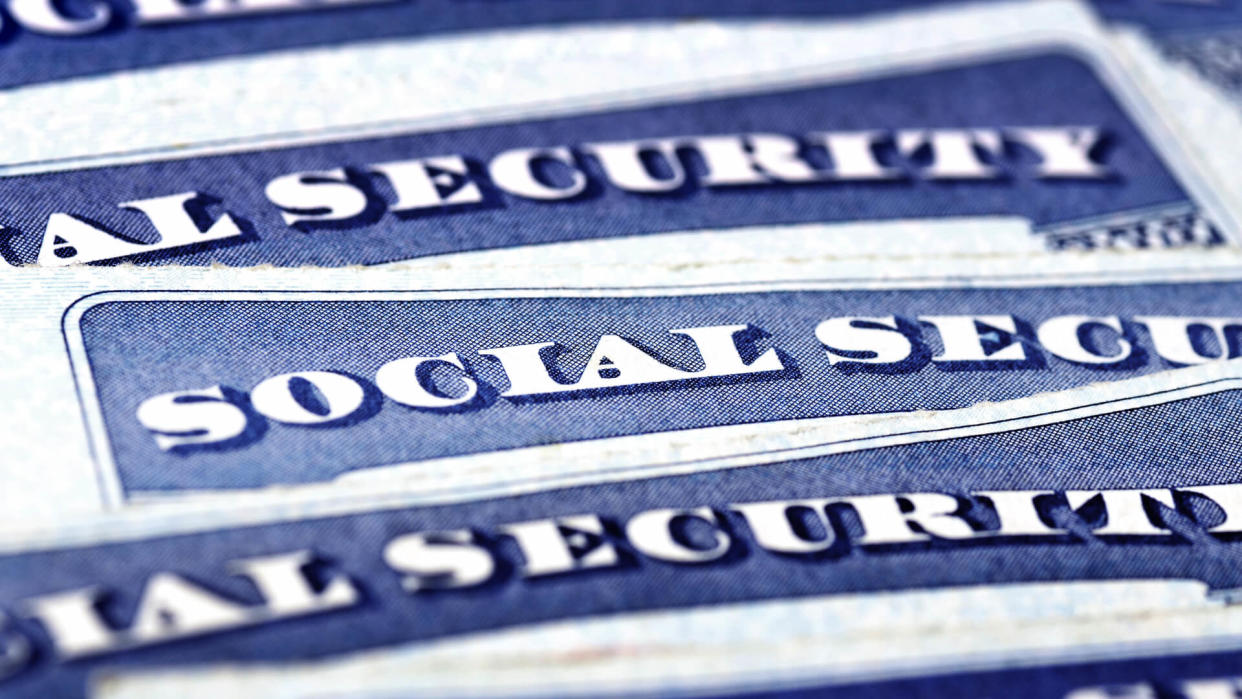5 Signs You Shouldn’t Claim Social Security Yet

Most Americans know that one of the main attractions of the Social Security program is the payment of retirement benefits. However, there’s lots of confusion regarding how and when to claim Social Security benefits.
Find Out: Jaw-Dropping Stats About the State of Retirement in America
Although it’s true that you may be able to claim your payments as early as age 62, that’s not always the wisest course of action.
Read: The Average Social Security Check the Year You Were Born
It can be hard to forgo drawing payments as soon as they are available, but in many cases, you’ll be better off financially by waiting until you reach 66 or even 70 years old. Here’s a short list of times when you may want to delay taking those payments as long as possible.
Last updated: Feb. 25, 2021

You Don't Have Enough Retirement Savings
Social Security is meant to be a supplemental retirement plan, not your complete source of retirement funds. If your IRA or 401(k) plan is underfunded, Social Security alone isn’t likely to provide you with a secure retirement. Since taking Social Security at age 62 will stick you with a lifetime of lowered benefits, it’s not a great option if you don’t yet have enough money in your retirement account.
The good news is that once you reach age 50, the IRS allows you to make additional “catch-up” contributions to your retirement plans, in the amount of $1,000 for an IRA or $6,500 for a 401(k) plan. If you can work just five additional years, not only will your Social Security benefits rise, but you’ll be able to put in an additional $5,000 to your IRA, or a whopping $32,500 to your 401(k), on top of your regular contributions. This can rapidly fix your underfunded retirement plan situation and allow you to snag higher Social Security benefits to boot.
Helpful: 17 Tips To Live Comfortably Off Just a Social Security Check

You Still Enjoy Working
Even if you’re working a minimum-wage job, you’ll almost always be able to earn more money by remaining employed than by relying exclusively on Social Security earnings. If you don’t need to retire, especially if you enjoy your job, it’s to your benefit to continue working at least until full retirement age. That way, you’re in a win-win situation: You’ll still be earning more money than your Social Security benefit would pay, and at the same time you’re automatically boosting your ultimate Social Security payout. Plus, there’s something to be said for continuing work you enjoy.
Looking Ahead: What Social Security Will Look Like in 2035

You Expect To Live a Long Life
If you claim your Social Security benefits early, you’re permanently reducing your monthly payout. If you live a long life, you’ll be saddled with low payments for potentially decades of retirement. If you delay drawing your Social Security after reaching full retirement age, your payments may increase by as much as 8% for each full year you wait to withdrawal payments until 70. Over the long run, you’ll end up with much more income than if you had begun taking payments early. Of course, no one can predict how long their lifespan will be, but if your family has a history of longevity and you are currently in good health, you should factor that into your Social Security and retirement planning.
Find Out: 29 Brilliant Retirement Ideas for Any Age

Your Spouse Has No Other Benefits
When you retire, your spouse is entitled to Social Security benefits of up to one-half of your full benefit. If you take your Social Security early, you are permanently reducing not only your Social Security benefit but also that of your spouse. Assuming you live in the same household, that means that your family as a whole is getting dinged twice, with both spouses receiving lesser benefits for life. If your spouse is already well-covered with retirement savings and/or a workplace retirement plan, it may be OK to consider taking Social Security early. But if they are not covered, you’re better off maximizing your benefits by delaying claiming them if possible.
Read More: Here’s Exactly How Much Savings You Need To Retire In Your State

You Have Significant Retirement Savings
If you’re one of the fortunate few Americans who already have a sizable retirement nest egg, there’s no reason for you to claim your Social Security benefits early. Every year that you delay claiming, your Social Security benefit can rise by as much as 8% per year until you turn 70. Not only is that an incredible return on your money for an essentially risk-free asset, but those higher payments will then be set for the rest of your life. Rather than claiming your Social Security at age 62 while keeping your retirement funds in an IRA or 401(k), consider drawing from your retirement accounts first and letting your Social Security benefits build until you reach age 70.
More From GOBankingRates
This article originally appeared on GOBankingRates.com: 5 Signs You Shouldn’t Claim Social Security Yet
